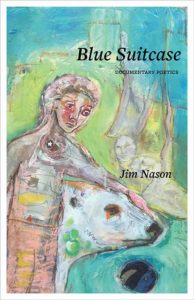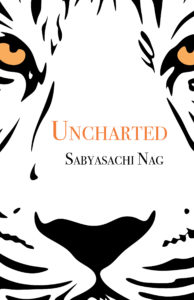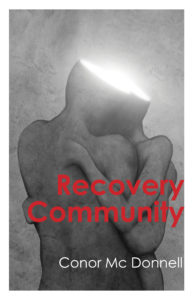 Aaron Tucker
Aaron Tucker
ISBN 978-1-77126-077-0
$17.00 CDN/USA
98 pages
punchlines is a lyric long poem that probes the poetic tensions in the everyday languages of computer-user collaboration. Within the narrative structure of a Canadian couple’s drive down the West Coast of the United States, the poems set this exploration between the call (poem title) and response (the poem itself) of jokes and punchlines, echoing the input-output (call/response) of modern computer-user cooperation, with the ultimate goal of infusing code with poetry and poetry with code. The first section is the initial trip down the coast while the second section houses poems in response to the return trip. There is little stopping in this long poem.
“Remember ‘looking at a sunset and feeling’? Aaron Tucker blueprints an architectural emotion founded in small-town boredom. That small town being the Internet or Aberdeen or the sunset. What kind of funny is it when a computer program is your therapist? Punchlines.”
— ANGELA RAWLINGS
“A road trip down the Internet highway parallels a real trip down interstate highways. Aaron Tucker is situated between text and hypertext, between surrealism and the quotidian, in a text replete with visual markups, as he slides between digital and analogue in a pensive glissade. The languages of www and html signage get absorbed into his ‘journey of discovery,’ mixed with genres like Tweets and emails and riddles. Tucker takes soundings while in motion in this inventive book.”
— RACHEL BLAU DUPLESSIS
“Tucker’s is a poetics where the algorithm is everything and everything is algorithmic: speech, the ocean floor, and our responses to poems. With fierce intelligence and humour, he urges collaborations with hyperlinks as much as we do with lungs and with our speech, ‘inseparable from code.’ Punchlines beautifully navigates this computer-user collaboration and sees only the erosion of forms, and poems as codes. This is the poetics Tucker innovates: a complex and desireful confluence of body, love and the technology that rhythms us and our losses.”
— JORDAN SCOTT




























